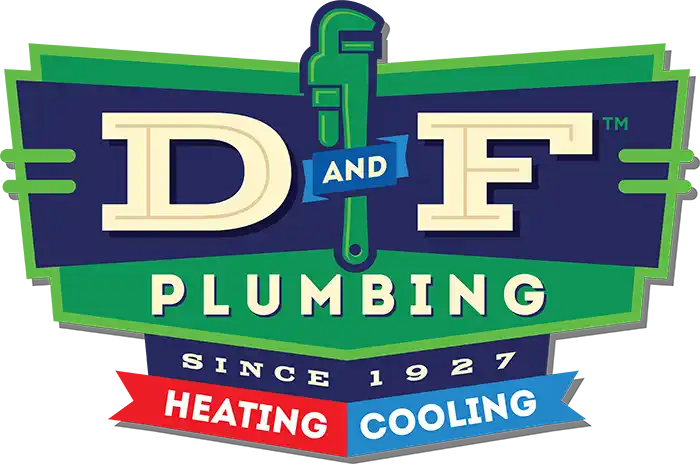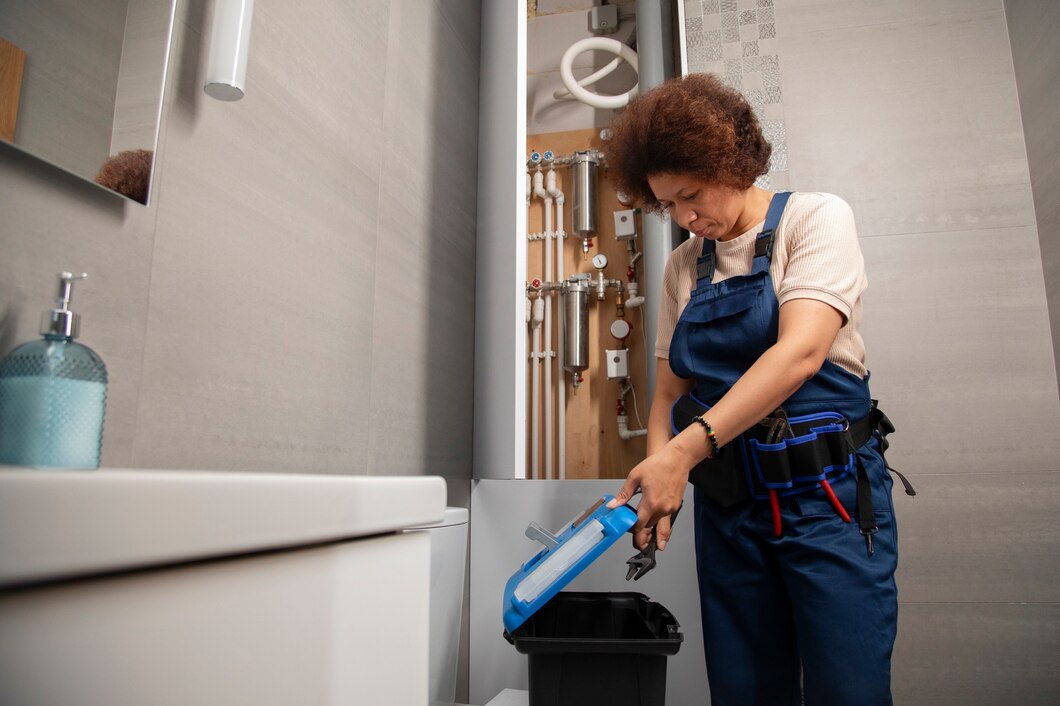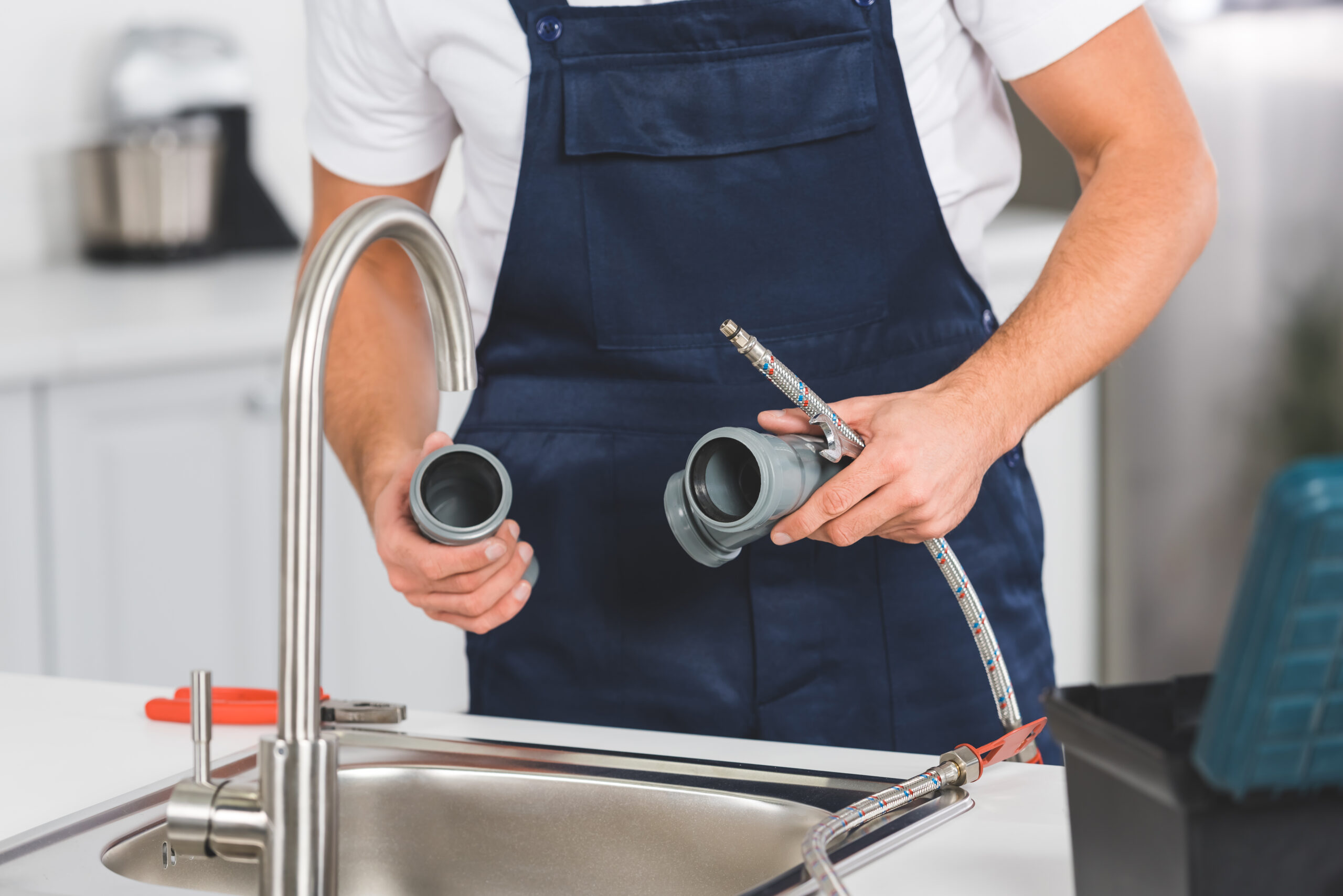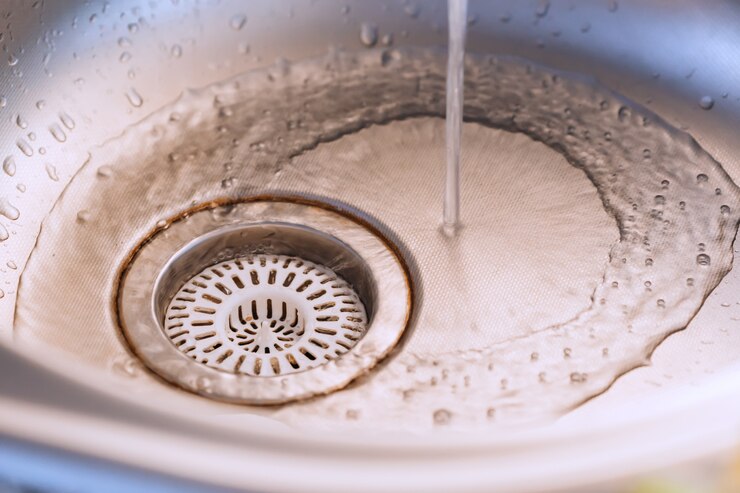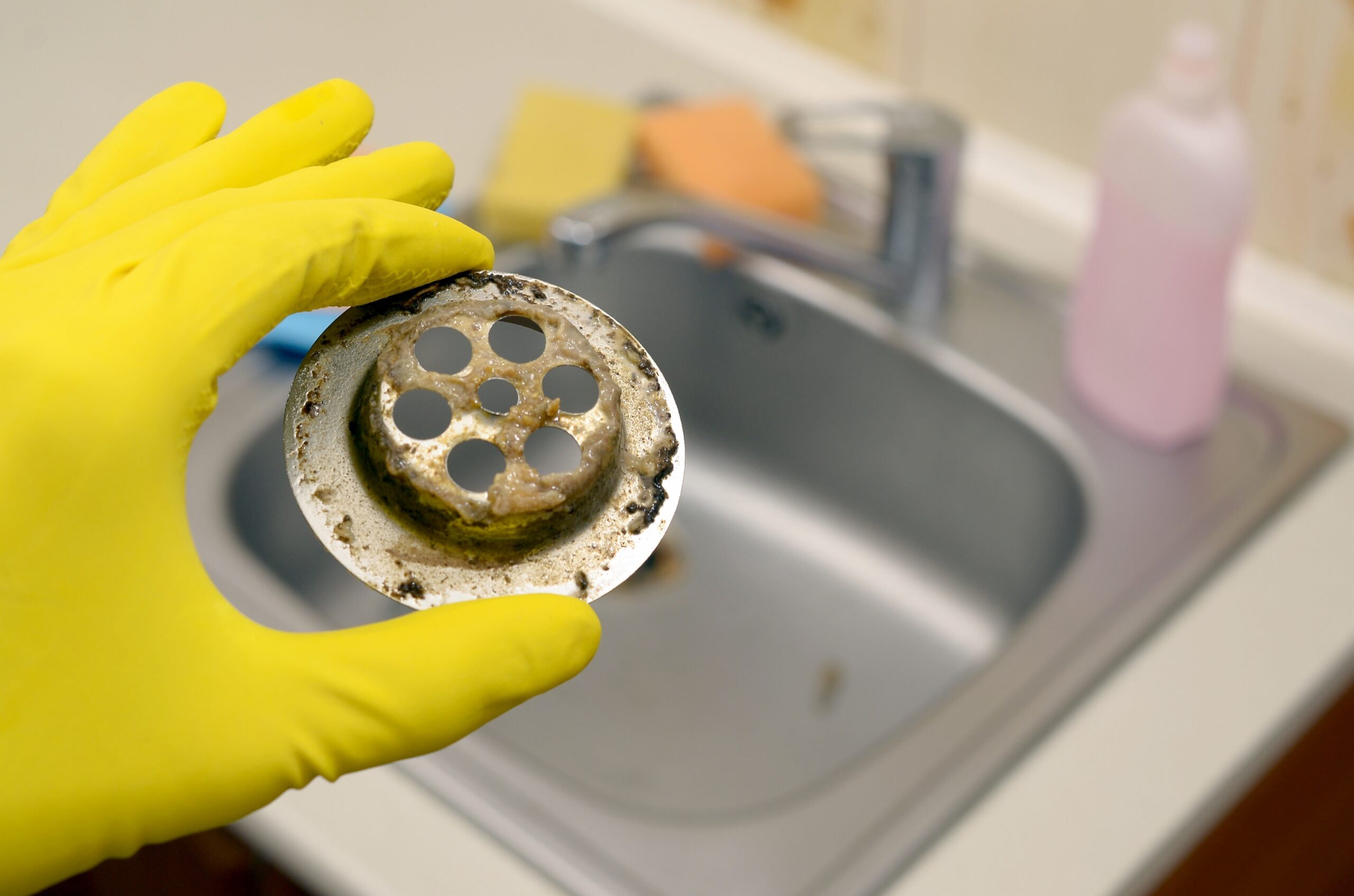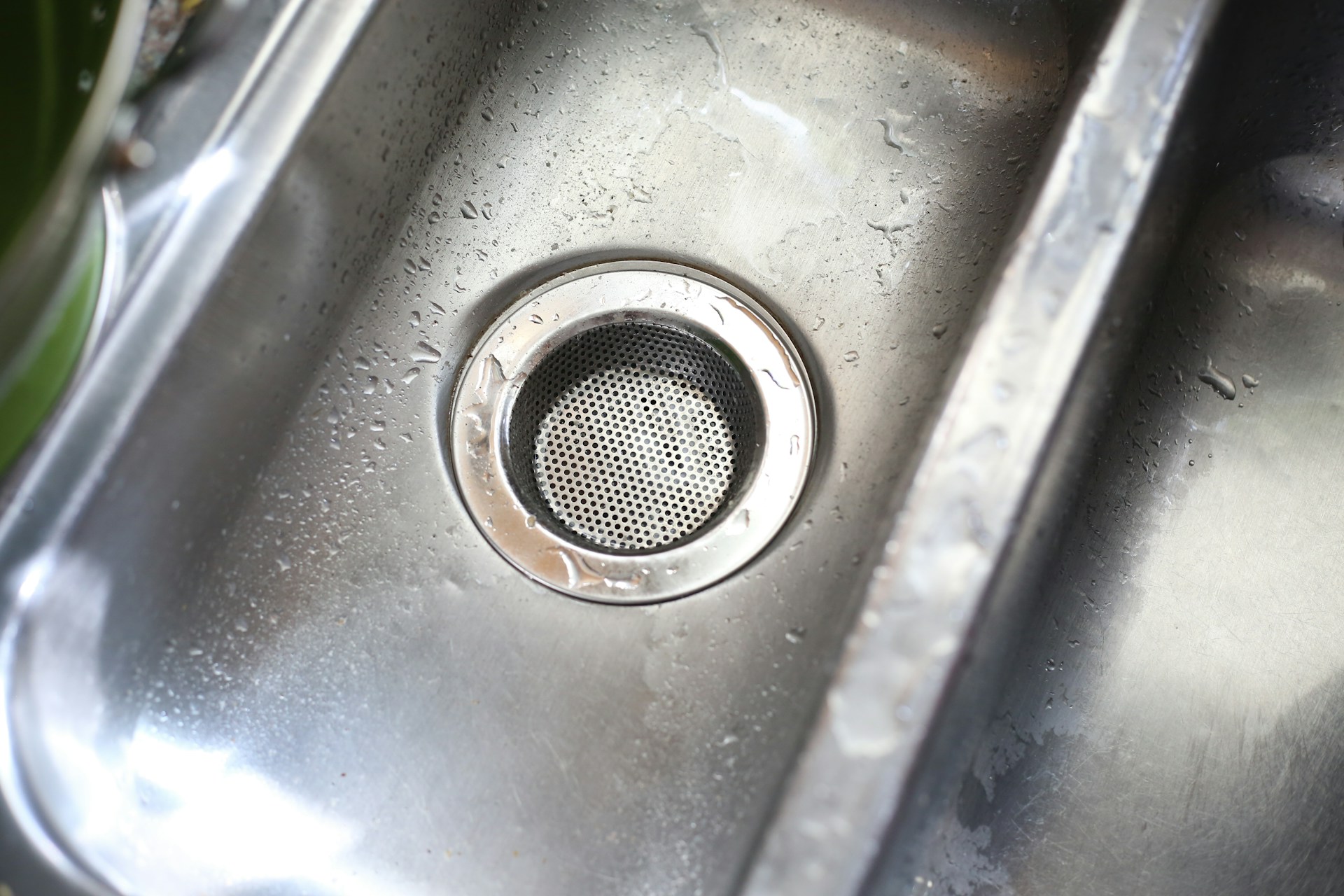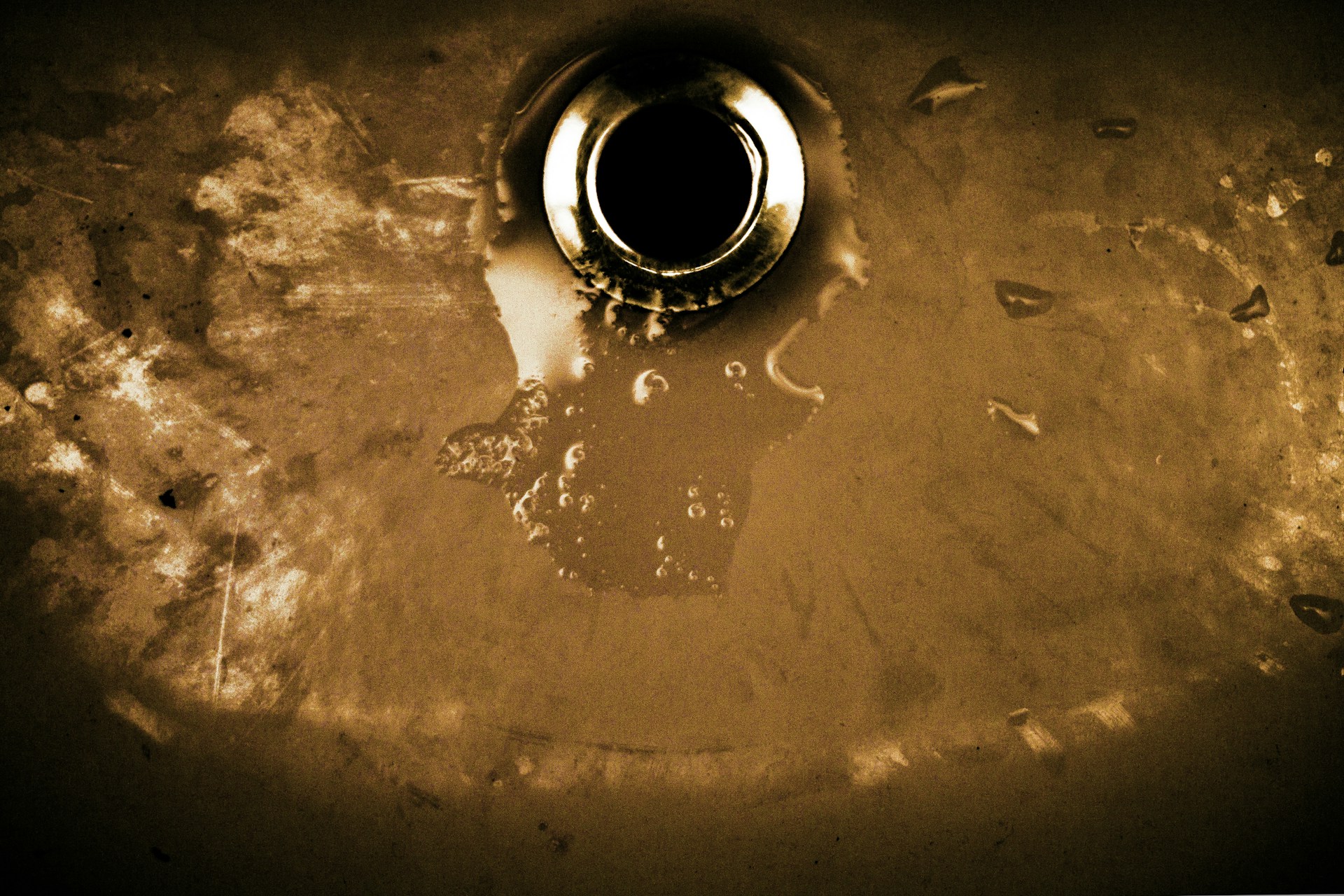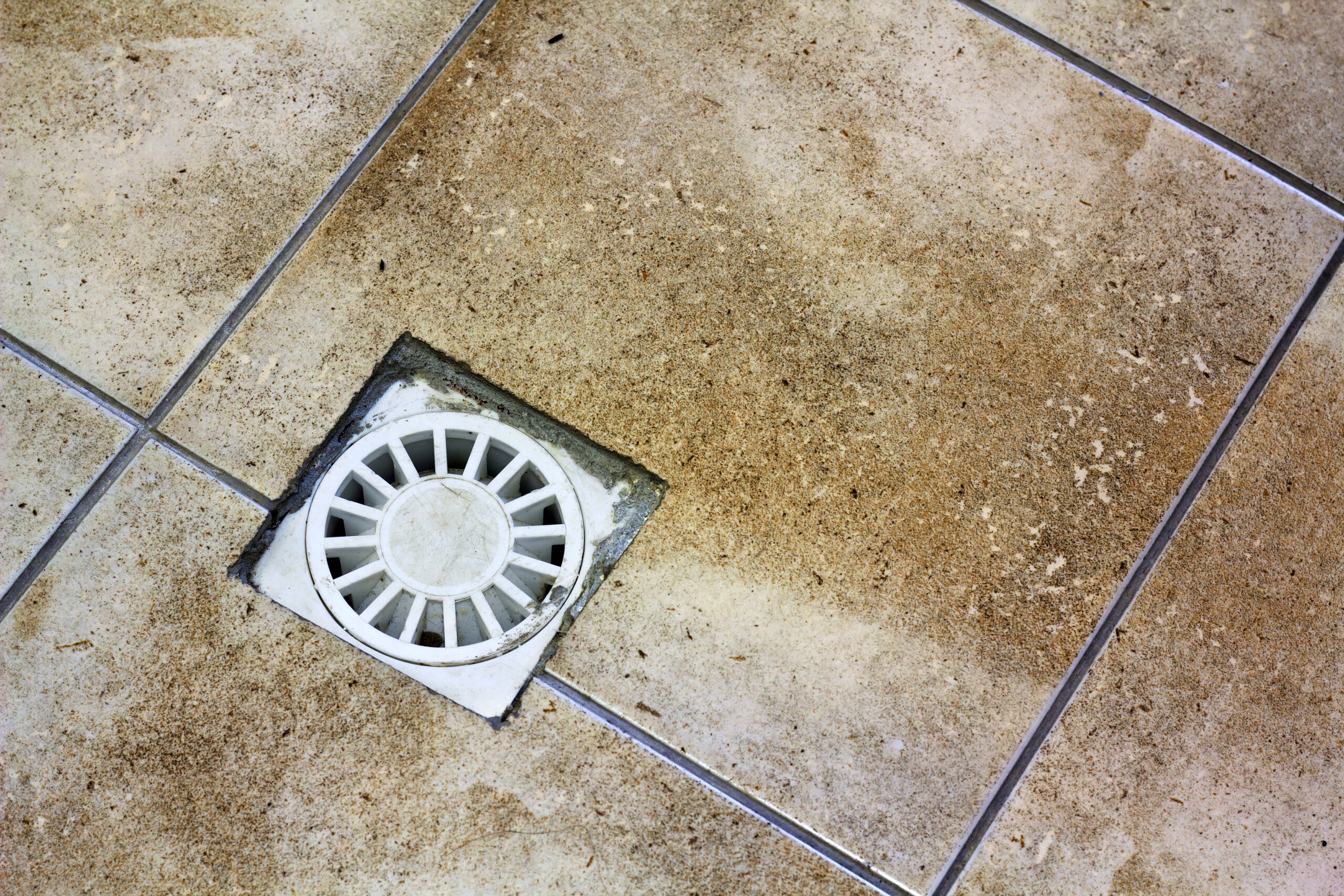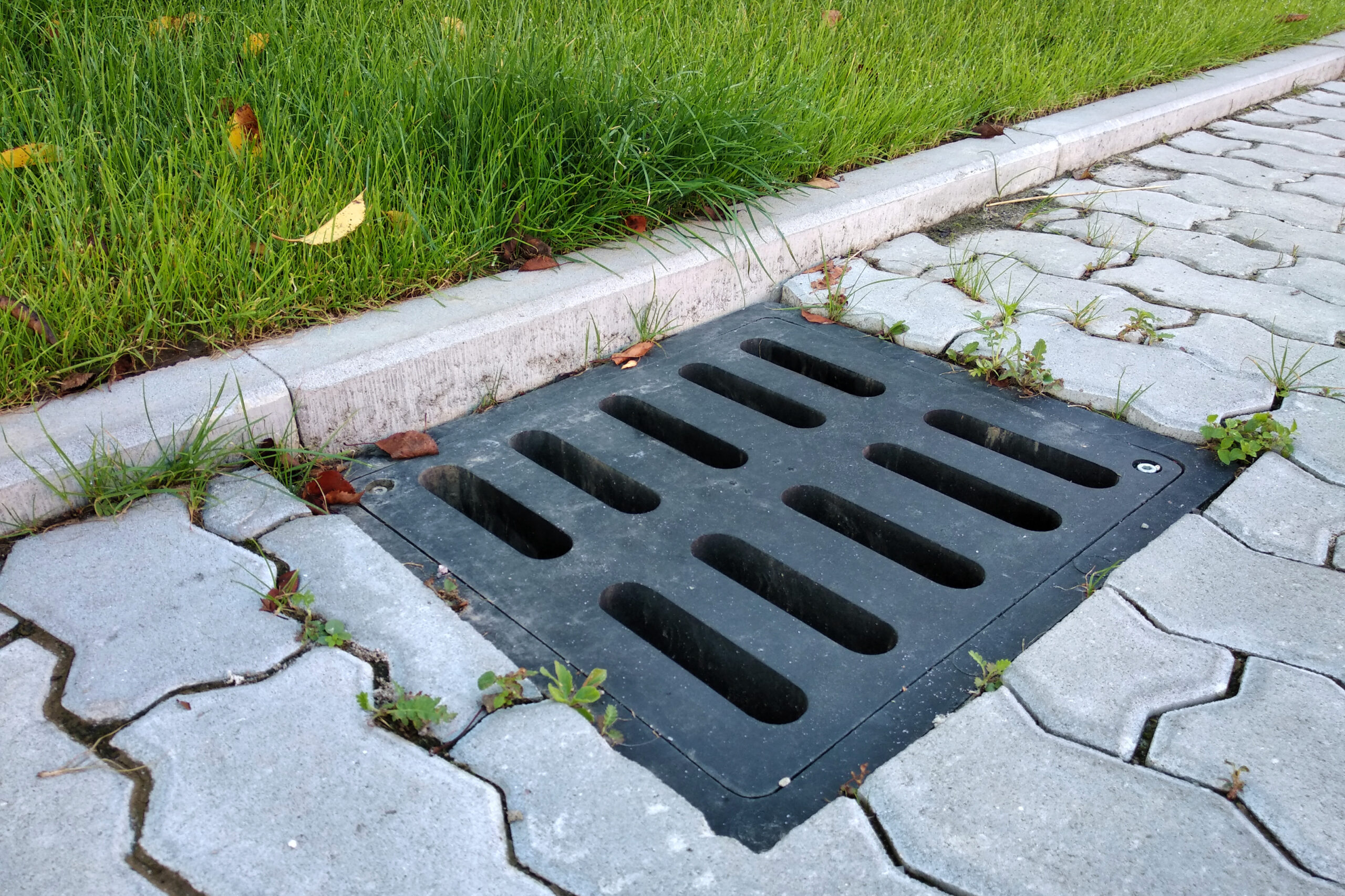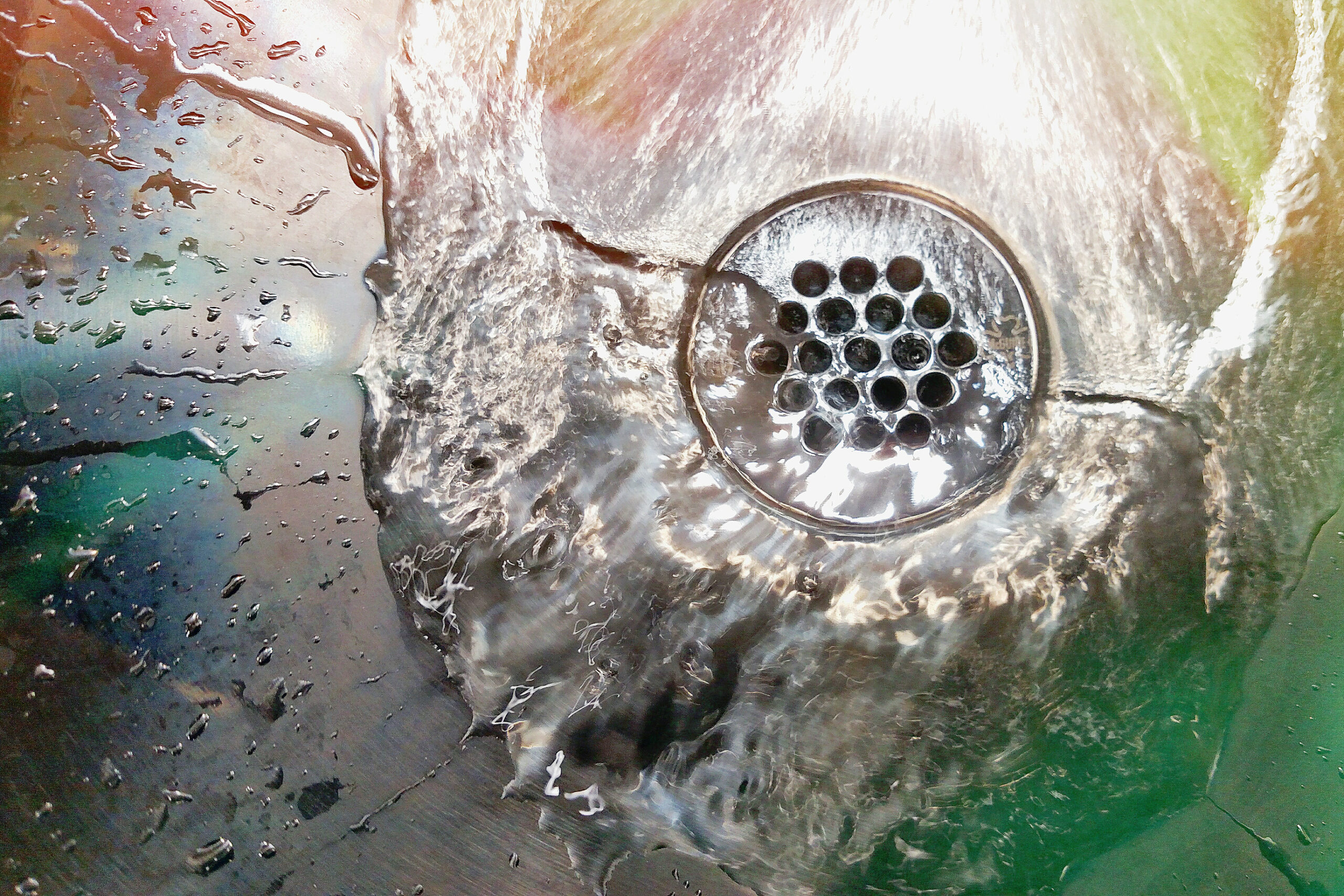As a business owner, maintaining a smoothly functioning commercial plumbing system is imperative to ensure minimal disruption to your operations and a comfortable experience for your customers and staff. Commercial drain cleaning plays a crucial role in the upkeep of your plumbing, ensuring that blockages, backups, and other related issues are proactively addressed and resolved. We are committed to providing reliable, efficient, and thorough commercial drain cleaning services in Portland, OR, and surrounding areas. With our team of highly skilled professionals, we ensure that your commercial drains are free from obstructions, preventing potential damage and costly repairs.
We will discuss the importance of regular commercial drain cleaning for businesses, the various drain cleaning methods employed by our expert technicians, and the benefits you can expect from choosing us for your commercial drain cleaning needs. Whether you manage a small storefront or a sprawling corporate campus, our experienced professionals can tackle even the most complex commercial plumbing systems, delivering unrivaled service and ensuring the long-term health of your drains.
The Importance of Regular Commercial Drain Cleaning for Businesses
Routine commercial drain cleaning is vital for maintaining efficient plumbing systems, as well as helping to identify and address potential issues early on. Here are a few key reasons why regular drain cleaning should be a priority for businesses:
- Prevent Clogs and Blockages: Regular drain cleaning helps to remove buildup, reducing the risk of clogs and blockages that can disrupt daily operations and result in costly repairs.
- Enhance Sanitation: Clean and well-maintained drains promote a sanitary environment within your commercial property, benefiting both customers and employees.
- Prolong Plumbing System Lifespan: By addressing issues early on and maintaining clean drains, you contribute to the long-term health and durability of your commercial plumbing system.
- Detect Issues Early: Regular drain maintenance enables our professionals to identify and diagnose potential plumbing issues before they escalate, saving you time, money, and headaches in the long run.
Drain Cleaning Methods Employed by Our Expert Technicians
Our trained and experienced technicians utilize various effective drain cleaning methods to keep your commercial plumbing systems in optimal condition:
- Drain Snaking: Our professionals use a specially designed drain snake to manually clear blockages in a pipe by breaking apart the obstruction or retrieving it altogether.
- Hydro Jetting: This powerful drain cleaning method propels a high-pressure stream of water through the drain, effectively removing buildup and debris, and leaving the pipe walls clean and clear.
The Benefits of Choosing D&F Plumbing, Heating and Cooling for Commercial Drain Cleaning
By entrusting us with your commercial drain cleaning needs, you can expect numerous advantages:
- Skilled Professionals: Our team of licensed and trained technicians is well-versed in various drain cleaning methods, ensuring a thorough and effective service tailored to your specific plumbing system.
- Prompt Service: We understand the importance of limiting downtime for your business, which is why we pride ourselves on offering prompt and reliable commercial drain cleaning services.
- Comprehensive Solutions: Our technicians don’t just clear your drains; they also work to identify and address the root cause of the problem to prevent future blockages and extend the life of your plumbing system.
- Customer Satisfaction: We are committed to providing exceptional service and an unmatched customer experience, ensuring that you are completely satisfied with your commercial drain cleaning service.
Don’t Neglect Drain Maintenance – Schedule Routine Services
Proactive and regular drain maintenance is crucial for keeping your commercial plumbing systems running smoothly. To avoid scheduling surprises, consider the following tips:
- Create a Preventive Maintenance Plan: Work with our professionals to develop a preventive maintenance plan tailored to your property’s unique needs, ensuring regular and timely drain cleaning services.
- Keep an Eye Out for Warning Signs: Remain vigilant for indications of potential drain issues, such as slow-draining sinks, recurring clogs, or unpleasant odors, and report them to our technicians promptly.
- Educate Employees: Teach your staff about proper draining practices and waste disposal guidelines, helping to prevent clogs and buildup in your commercial plumbing system.
Conclusion: Depend on Us for Commercial Drain Cleaning Services
Your business relies on efficient and well-maintained plumbing systems to operate smoothly. When you choose our team at D&F Plumbing, Heating and Cooling for your commercial drain cleaning in Beaverton, OR, you can trust that our dedicated team of professionals will deliver outstanding, reliable service that keeps your drains clear and prevents potential plumbing issues.
Ensure the health of your plumbing system and the success of your business by partnering with us for your commercial drain cleaning solutions in Portland, OR, and surrounding areas. Trust our expert team to help you avoid costly repairs and disruptions to your operations.

